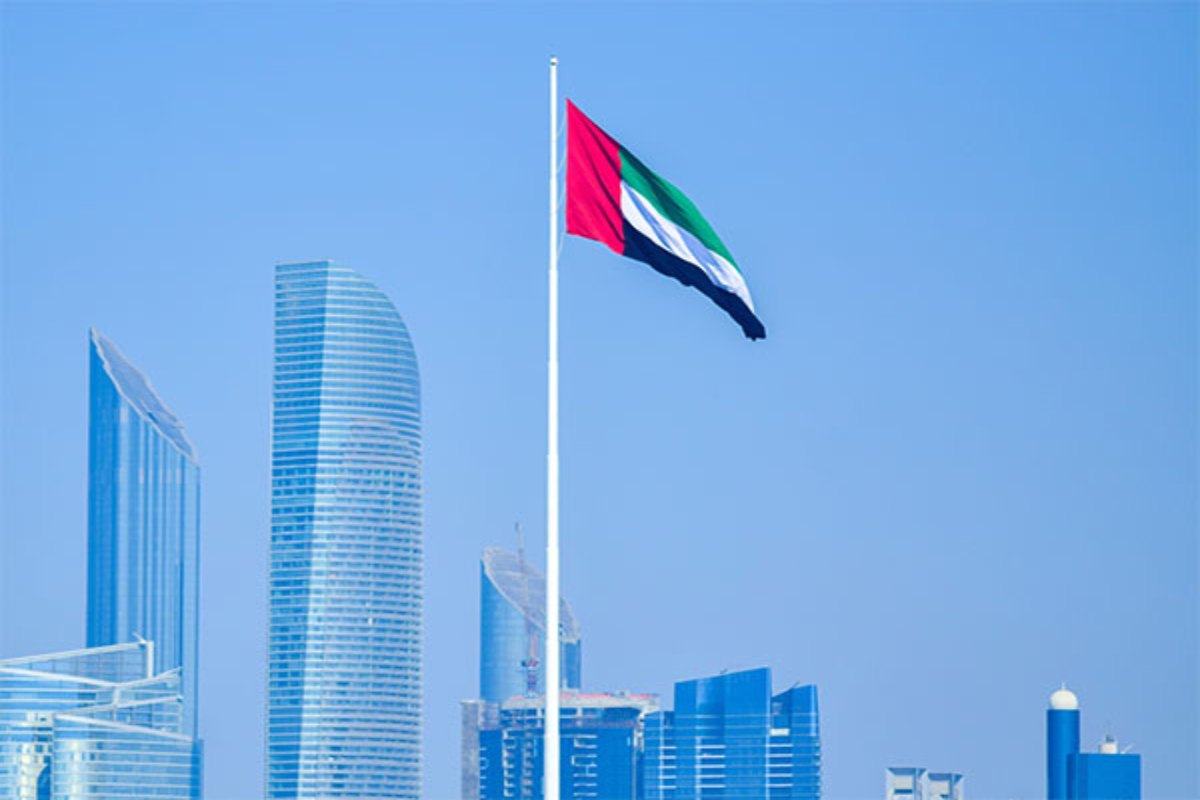The United Arab Emirates (UAE) finds itself walking a delicate tight-rope as it strives to maintain diplomatic ties with Israel amid the Gaza conflict. While the 2020 Abraham Accords, brokered by the USA, heralded a new era of relations, the UAE’s stance today reveals the complexities of diplomatic balancing acts. The UAE hopes to keep engaging with Israel to be in a position to influence Tel-Aviv’s Gaza campaign while safeguarding its own interests. Despite the mounting toll of the conflict and international outcry, the UAE remains resolute in its determination to play a moderating role. The decision to establish ties with Israel was ground-breaking, ending a 30-year
Arab taboo on normalising relations without progress on the Palestinian front. However, the current crisis highlights the challenges inherent in navigating such uncharted diplomatic waters. The UAE’s condemnation of Israel’s actions is vocal and public, reflecting a commitment to upholding humanitarian principles. This public stance, however, doesn’t negate the behind-the-scenes efforts to influence Israel’s behaviour. It’s a nuanced dance of diplomacy, where condemnation coexists with a desire for moderation, reflecting the UAE’s intricate regional positioning. The frustration with Washington’s perceived inaction underscores the urgency the UAE places on resolving the conflict swiftly. As a key security partner hosting American forces, the UAE expects more from its ally. A key advisor’s call for addressing the decades-old Israeli-Palestinian issue reflects a broader concern about the potential ramifications of an unresolved conflict on regional stability. Economic and security ties between the UAE and Israel have flourished since the normalisation in 2020. With bilateral trade surpassing $6 billion and collaborative defence efforts, the relationship represents a strategic priority for Abu Dhabi. This alliance, motivated partly by shared concerns over Iran, has weathered the storms of regional geopolitics. However, there are concerns within the UAE about Israeli actions, specifically the expansion of settlements and visits to sensitive religious sites. These concerns hint at a tension between economic interests and the UAE’s commitment to stability in the region.
Advertisement
The UAE’s insistence on an immediate humanitarian ceasefire and calls for de-escalation in collaboration with Qatar showcase a regional effort to address the immediate crisis. The emphasis on a just, lasting, and comprehensive peace in the region, as stated by UAE President Sheikh Mohamed bin Zayed Al Nahyan, underscores a commitment beyond the immediate conflict resolution. In essence, the UAE’s diplomatic ties with Israel is a narrative of pragmatic engagement amid a turbulent regional backdrop. It’s an exploration of how a nation, driven by economic interests and shared concerns, grapples with the complexities of balancing diplomatic ties with moral imperatives. As the Gaza crisis unfolds, this approach offers a case study in the evolving dynamics of diplomacy in West Asia where economic cooperation and regional stability walk a precarious tight-rope.











